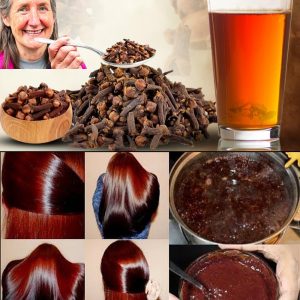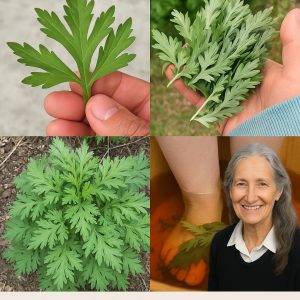The Greater Burdock Root: Nature’s Hidden Healer
Greater burdock root, a plant native to Europe and Asia, has been used for centuries in traditional medicine for its detoxifying and anti-inflammatory properties. Recently, researchers and health practitioners have taken a renewed interest in this humble root due to its potential benefits in supporting cancer treatment. With its high antioxidant content and a rich profile of bioactive compounds, burdock root may offer complementary support alongside conventional therapies.
Natural Compounds with Promising Effects
Burdock root contains powerful compounds such as arctiin and lignans, which have demonstrated anti-cancer activity in some laboratory and animal studies. These compounds may help inhibit the growth of cancer cells and reduce oxidative stress in the body. While clinical trials in humans are still limited, early findings suggest that burdock root could play a role in enhancing the body’s natural defense mechanisms during cancer treatment.
Supporting Detox and Immunity
In addition to its potential anti-cancer properties, burdock root is widely recognized for its ability to support liver function and promote detoxification. This can be especially helpful for individuals undergoing chemotherapy or radiation, as these treatments often place stress on the body’s detox pathways. The root also contains inulin, a prebiotic fiber that supports gut health and immunity, both of which are crucial for overall wellness during cancer recovery.
A Complementary Approach to Wellness
While burdock root should not replace medical cancer treatments, it may serve as a supportive supplement when used responsibly under professional guidance. As interest grows in integrative approaches to health, plants like greater burdock offer hope for enhancing well-being naturally. Always consult with a healthcare provider before adding herbal remedies to your routine, especially when managing a serious condition like cancer.


